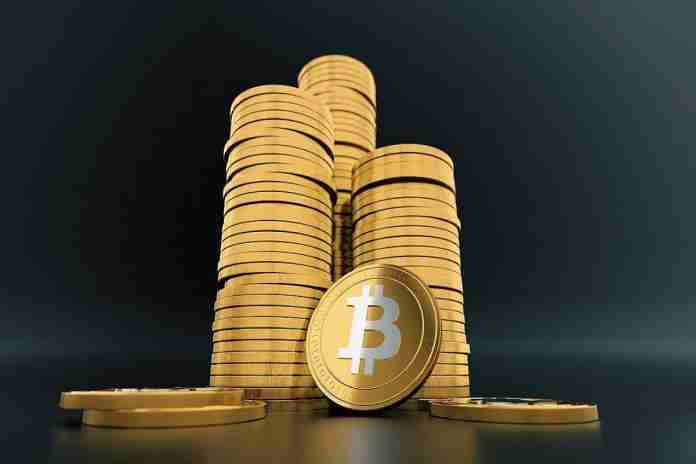As far as the gaming industry is concerned, microtransactions have come to stay. At this point, those who were previously against this feature have begun to embrace it with open arms. Microtransactions are even becoming better, thanks to the innovations brought by blockchain technology. New versions are fast springing up and will completely change how things have been done up to now.
The blockchain-based play-to-earn video game model is fast gaining momentum and with the launch of new crypto services, the cost of entry is becoming lower. Now, with all these innovations in view, the present rave of the moment, metaverse, might become a reality much faster than we hoped.
In this article, with the help of our gaming expert, Martim Nabeiro, we will explore the fascinating relationship between blockchain and the gaming industry and the impact of cryptocurrency on gaming in general.
An Upgraded Play-to-earn Structure
Microtransactions are one of the most common features of modern video games. While this system was put in place as an avenue for game creators to earn some revenue, it has brought division into the gaming industry. These in-game purchases include paying for things like costumes, accessories, weapons, game characters and others.
Microtransactions are not all that bad – in fact, when done right, players can access new content at a cost-effective price. On the other hand, when they are abused, the result tends to be “loot crates.”
Furthermore, players who cannot afford to spend any more money after purchasing the game are left at a disadvantage. Such players will have a harder time succeeding in the game. To make matters worse, those who spend money on the purchase of in-game accessories will lose their investments if they ever move on to other games. At the end of the day, all they bought becomes useless because they can’t be used anywhere else.
Player Items as NFT
As blockchain-based gaming and non-fungible tokens (NFTs) are fast gaining global acceptance, all this is bound to change. A new “play-to-earn” gaming model is emerging which will promote real asset ownership. The name of this innovation that’s sweeping across the gaming industry is called GameFi. This new structure kicks against buying in-game content but encourages players to rather put their money into assets that have the potential to appreciate over time and can be sold in secondary markets for profit.
NFT technology is at the forefront of this new gaming system and its underlying blockchain ensures that gamers have various ways to earn currencies that can be spent in the real world. This has helped to facilitate a brand new digital economy, where gamers are rewarded for their participation. It also provides financial services that make gaming a powerful tool for financial freedom (so you don’t have to take part in Squid Game just to get by).
Blockchain and Online Gambling
The blockchain comes with a lot of clever features which can take an online gambling platform to the next level. The blockchain permits permanent records, transparency, and anonymity. Middlemen are done away with, while validation and authentication processing are promoted. Gambling cryptocurrency is based on the blockchain, hence the reason why it is known for fair and trusted transactions.
Many online casinos include cryptocurrencies as one of their payment options. Online casinos that are running on the blockchain use verification to ensure fairness for Portuguese punters. Also, cheating done by operators has now become a thing of the past, thanks to the adoption of blockchain technology by the melhores casinos online in Portugal.
The Blockchain Effect on the Metaverse
The Metaverse is an ambitious project that aims to facilitate the interoperability and interconnection of digital services and worlds. Being a visionary project with a lot of potentials, it’s no surprise that a good number of traditional platforms are racing to get on board before the project takes off. While the provision of true compatibility has been a challenge for these conventional platforms, the blockchain tackles it effortlessly.
NFTs and a host of decentralized assets can be moved from one platform to another without hassle with the help of the blockchain. Additionally, there is a huge possibility that the digital currencies that are in use will eventually take over to become the principal method of payment for all future services. With the basic infrastructure of this new system still in the works, this new ecosystem will birth a thriving economy that will exist in cyberspace, and radically change the way gamers play their favourite games and interact with other players, as well as the economy.



















![10 Countries With the Best Healthcare in the World [Statistical Analysis] Countries With the Best Healthcare in the World](https://articleify.com/wp-content/uploads/2025/07/Countries-With-the-Best-Healthcare-in-the-World-1-150x150.jpg)









